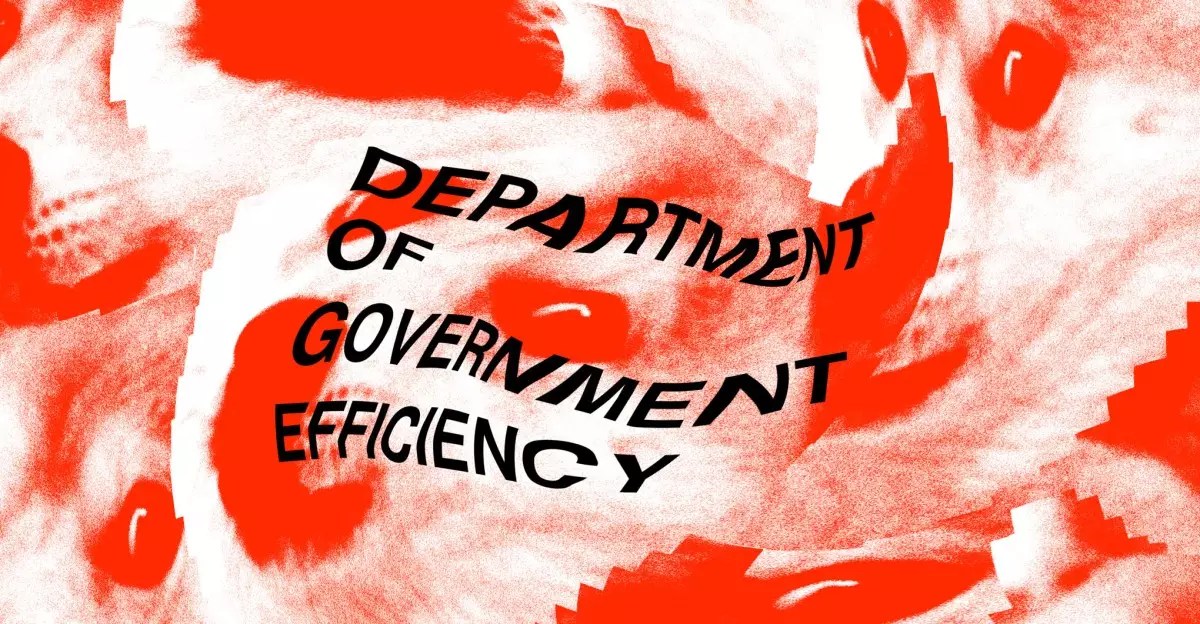In an increasingly digital world, the push for government efficiency often leads to innovative solutions aimed at simplifying processes and enhancing service delivery. The latest endeavor from Elon Musk’s Department of Government Efficiency (DOGE) is an ambitious project to create a “mega API” that would provide third-party software access to the Internal Revenue Service (IRS) data. While the potential for providing more efficient services is enticing, the consequences of such a project could be both vast and unforeseen.
Technical Feasibility and Concerns
The timeline set for the API’s development is a mere 30 days, raising eyebrows among IRS employees who claim this is an unrealistic expectation. Creating an API that responsibly manages sensitive taxpayer data is no small feat, and many within the agency believe that such a rushed implementation could destabilize the IRS, significantly undermining its operations. A lack of a thoughtful timeline can lead to catastrophic pitfalls, including security vulnerabilities, data loss, and inadequate user training. Efforts to streamline IRS operations shouldn’t come at the risk of jeopardizing the very data the agency is tasked to protect.
Collaboration with Controversial Partners
The proposal also includes possible collaboration with Palantir, a company notorious for its data collection and surveillance capabilities. Such partnerships warrant intense scrutiny, especially considering the implications for privacy and data security. By involving a third-party provider recognized for its controversial practices, the government invites a slew of ethical questions. Who controls the data? What measures are in place to protect sensitive taxpayer information? Transparency in collaborations with private entities is paramount, yet all signs suggest that this may not be a priority for DOGE.
The Capability Gap in Government Innovation
What’s particularly concerning is the apparent lack of experience among those spearheading this project. Advocates for the mega API cite the prowess of young prodigies like Gavin Kliger and Sam Corcos. However, critics argue that innovation devoid of substantial experience can lead to oversights and hasty decisions. One source mentioned in Wired has voiced a grim reality: the task of properly understanding IRS data could take years. This raises the question of whether the push for expediency risks overshadowing the crucial need for expertise in handling taxpayer information.
The Political Underpinnings
Furthermore, the political backdrop of the initiative is laced with suspicion. The involvement of figures pushing for government efficiency linked to broader political agendas, such as immigration reform, raises eyebrows. Internal memos hint at a push to leverage IRS data for objectives that extend beyond mere efficiency, potentially weaponizing data against vulnerable communities. The fallout from misusing this information could have long-lasting implications for trust in government and taxpayer relations.
Through the excitement surrounding technological advancements, we must remain vigilant about the underlying risks and ethical considerations of utilizing advanced data solutions. In their zeal to innovate, agencies like DOGE must ensure they do not overlook the fundamental values of privacy and security, the bedrock upon which taxpayer trust rests.


Leave a Reply